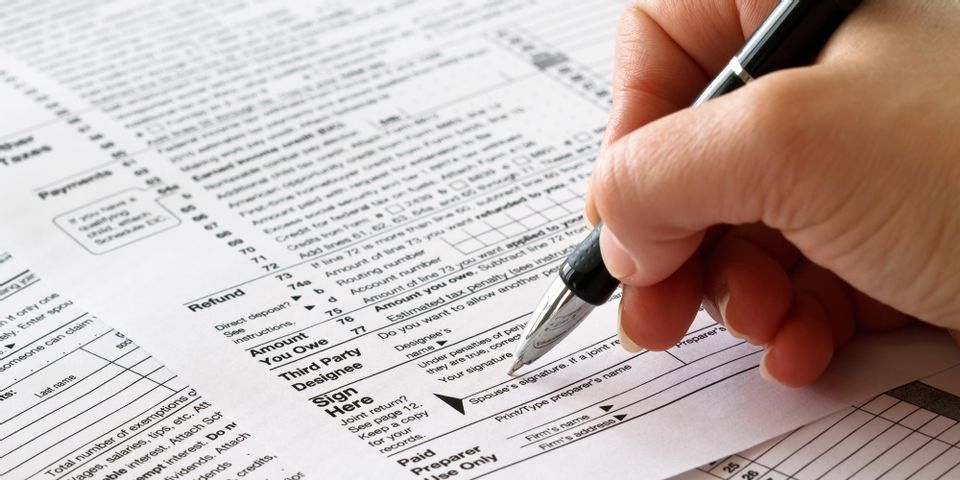NYC Immigration Law Attorneys Explain How Residency Status Impacts Your Tax Liability

As complex as the tax laws may seem for native-born American citizens, those living in the U.S. on visas find the task of meeting their tax obligations even more confusing. According to Berd & Klauss, PLLC, NYC immigration law attorneys providing services to clients from around the world, there are a few crucial things you should know before you attempt to file a tax return.
One of the most important factors impacting your tax burden is your residency status:
Non-Resident Aliens
 This category is reserved for those who have the authorization to work in the U.S. but have not passed the green card test or test of substantial presence. This group is only taxed on income they have earned in the United States, and they could potentially qualify for exemptions and special rates if the U.S. has a tax treaty with their home country. If you qualify as a non-resident alien, consult with an immigration law attorney before filing.
This category is reserved for those who have the authorization to work in the U.S. but have not passed the green card test or test of substantial presence. This group is only taxed on income they have earned in the United States, and they could potentially qualify for exemptions and special rates if the U.S. has a tax treaty with their home country. If you qualify as a non-resident alien, consult with an immigration law attorney before filing.
Resident Aliens
Those who have spent more than 31 days in the United States, as well as 183 days in the previous three years, are considered resident aliens and are required to pay taxes on all of their income at the same rates as U.S. citizens. In general, aliens who hold H-1B, H4, L1, or similar visas are typically considered resident aliens.
Dual-Status Aliens
There are some situations in which you may be considered a resident alien during part of the year and a non-resident alien for the remainder. For some individuals, this designation could offer some significant tax advantages, so consult with an immigration lawyer to find out if you qualify.
For many years, Berd & Klauss, PLLC's immigration law attorneys have helped clients deal with almost every facet of the system. Visit their website to learn more, or call (212) 461-7152 to schedule a consultation with a respected NYC law firm today.
About the Business
Have a question? Ask the experts!
Send your question

